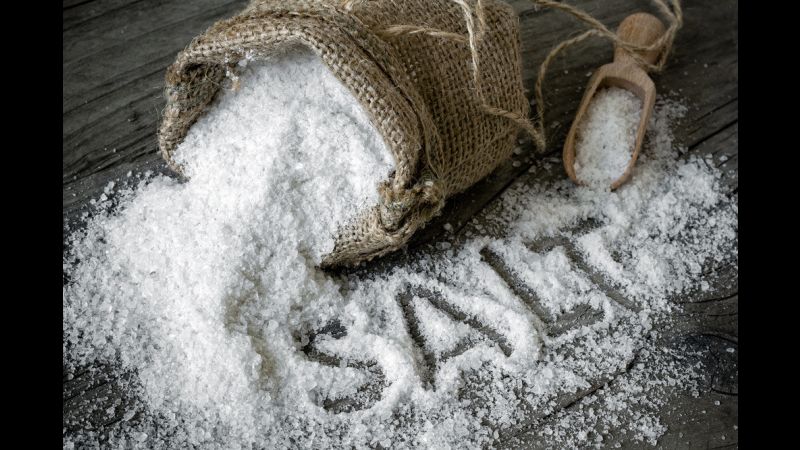Multiple Sclerosis (MS) is a condition in which the immune system attacks the body’s nerves, damaging the myelin sheath that is intended to shield them. Over time, damage to this protective sheath can disrupt communication between the brain and the body, leading to a widely varying range of symptoms.
Depending on the severity and progression of the disease, says the Mayo Clinic, one might experience numbness in the extremities, blurring or deterioration of vision, tremors, slurred speech, declining coordination and fatigue. The most severe or advanced cases can become debilitating, leading to a complete loss of vision, bladder control, speech or mobility. There is no known cure for Multiple Sclerosis, which means that treatment largely revolves around disease management.
This makes findings like those out of a recent study from Raúl Carrea Institute for Neurological Research in Buenos Aires, Argentina extremely promising. According to researchers, there may be a correlation between the severity of one’s condition and their level of dietary salt intake.
The Study
A team of doctors analyzed urine samples from 70 subjects with relapsing MS. They measured these samples for their salt content as well as their levels of an inflammatory indicator called creatinine and of Vitamin D, the absence of which is also thought to play a part in MS development.
Participants in the study were observed for a period of two years, during which time they were multiple brain scans. Researchers found that individuals with high-sodium content in their urine were 3.4 times as like to develop new lesions and, on average, had eight more lesions per MRI than their low-salt counterparts.
Researchers sought to confirm the study’s findings by replicating the same experiment with an additional 52 participants. Outcomes echoed those from the first sample group.
The Findings
As with much of our knowledge regarding MS, its causes and the path to its cure, the current research is shrouded by some uncertainty. As researchers note, we still aren’t exactly sure why MS sufferers with more active symptoms are likelier to see high concentrations of salt in their urine. While we can say for certain that there is a direct correlation between the two facts, we don’t know which is the cause and which the effect.
Lead author of the study, Dr. Mauricio Farez offers a few possible interpretations of his team’s findings. He suggests that the dietary habits implied by high salt concentration may actually play a part in the immune system’s disruptive behavior. He also offers the possibility that the sodium itself is contributing to the autoimmune attack, indicating that the latter hypothesis is supported by existing research.
The Implications
While the study’s findings don’t tell us for certain that high-sodium eating habits will intensify your MS, they generally correspond with the prevailing knowledge that too much salt is bad for you.
In other words, one need not take these findings with a grain of salt (terrible pun completely intended). You can respond to the study by making a concerted effort to cut down on the sodium in your diet. Based on the correlation between high salt intake and high blood pressure, heart disease, coronary and so many other adverse conditions, this should already be a part of your health strategy.

